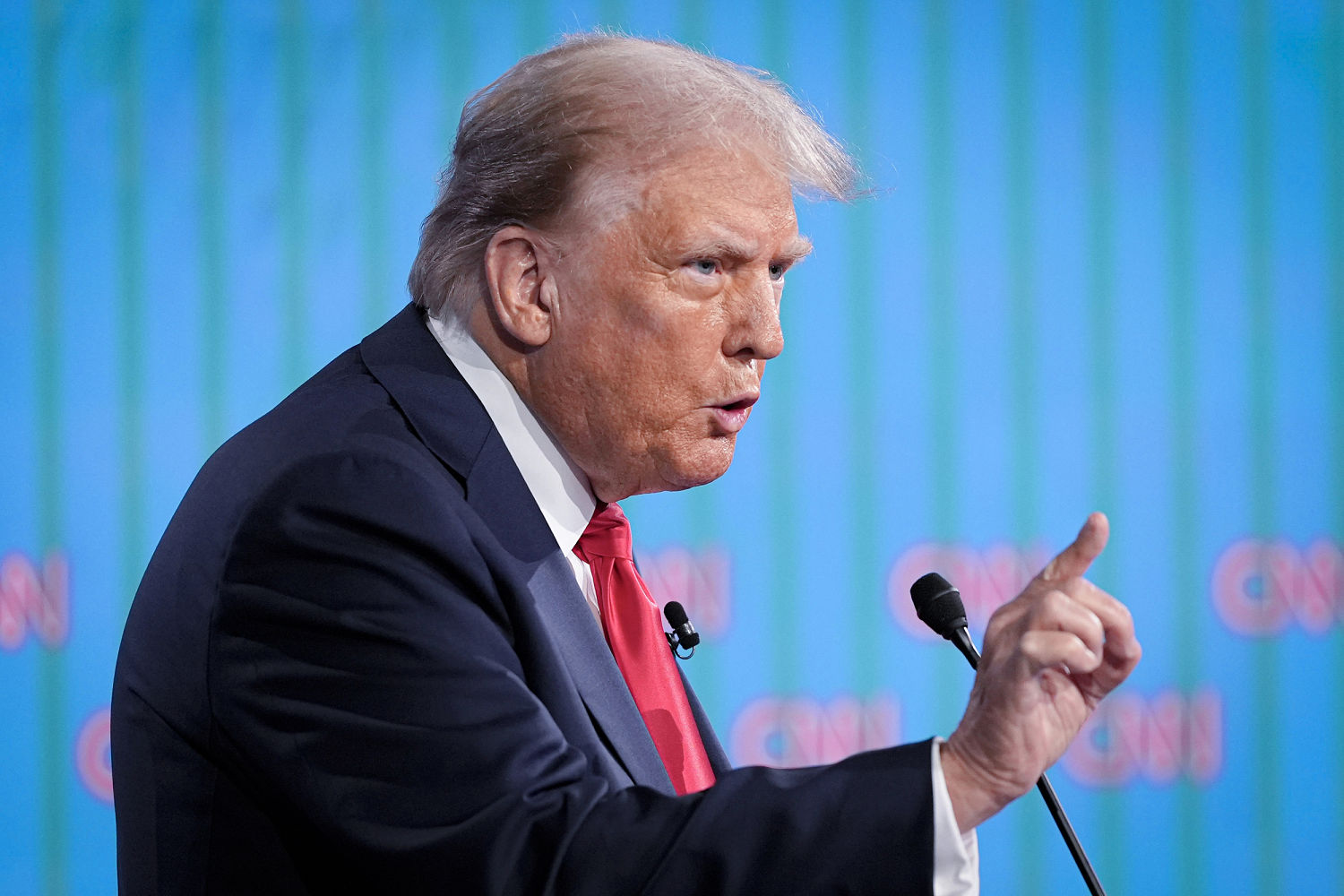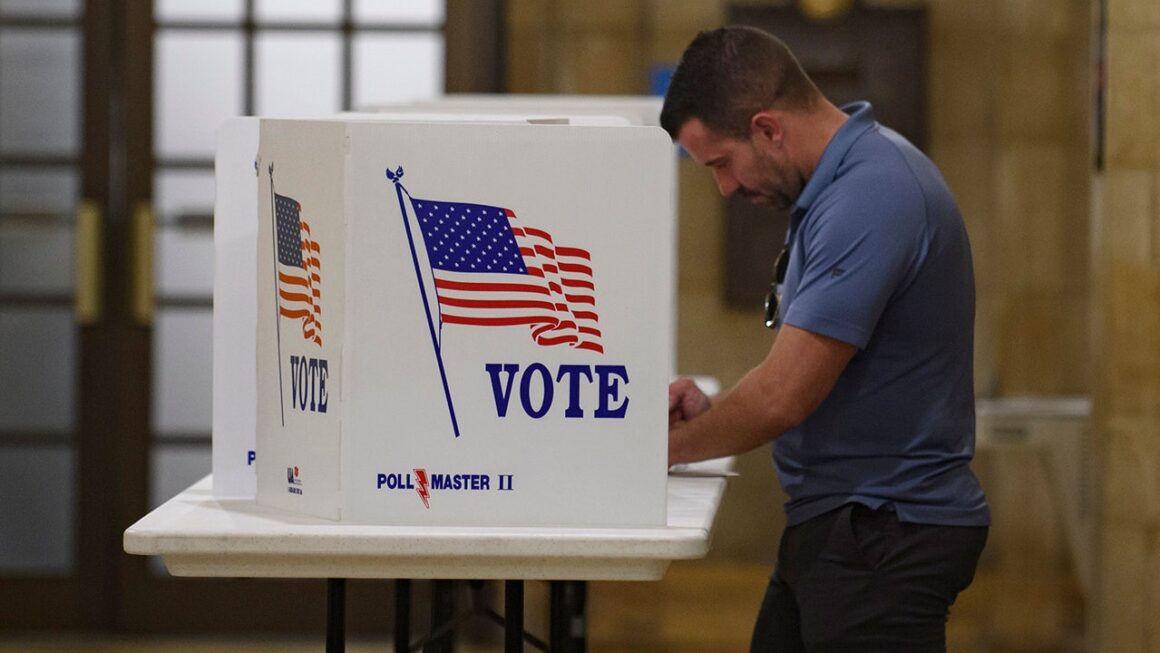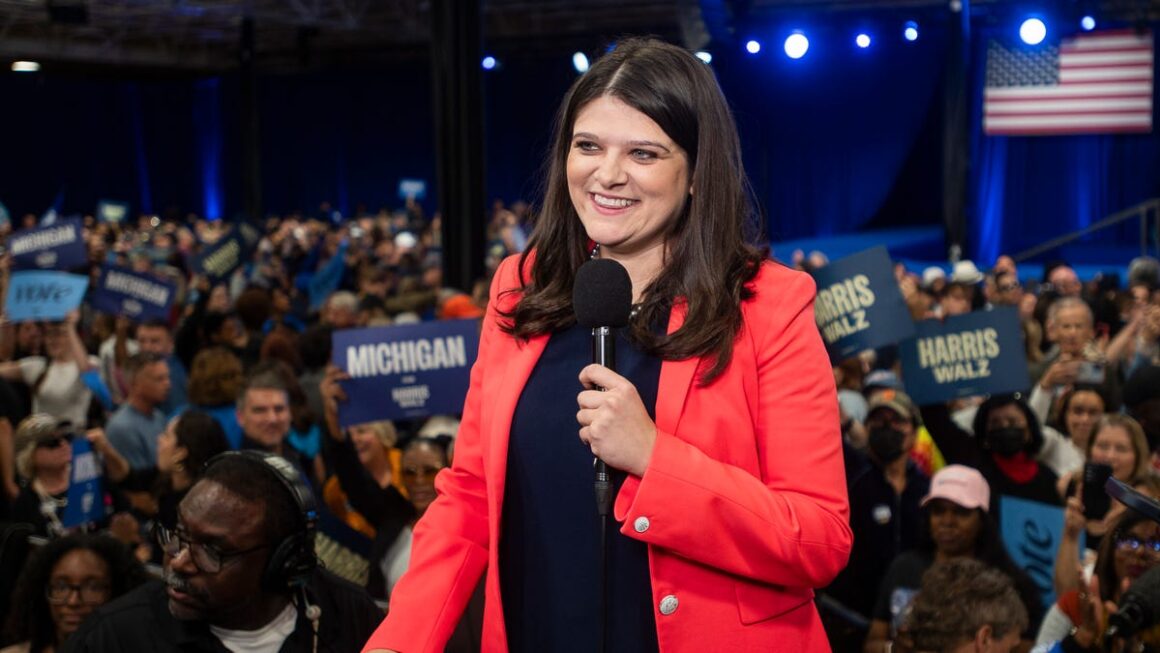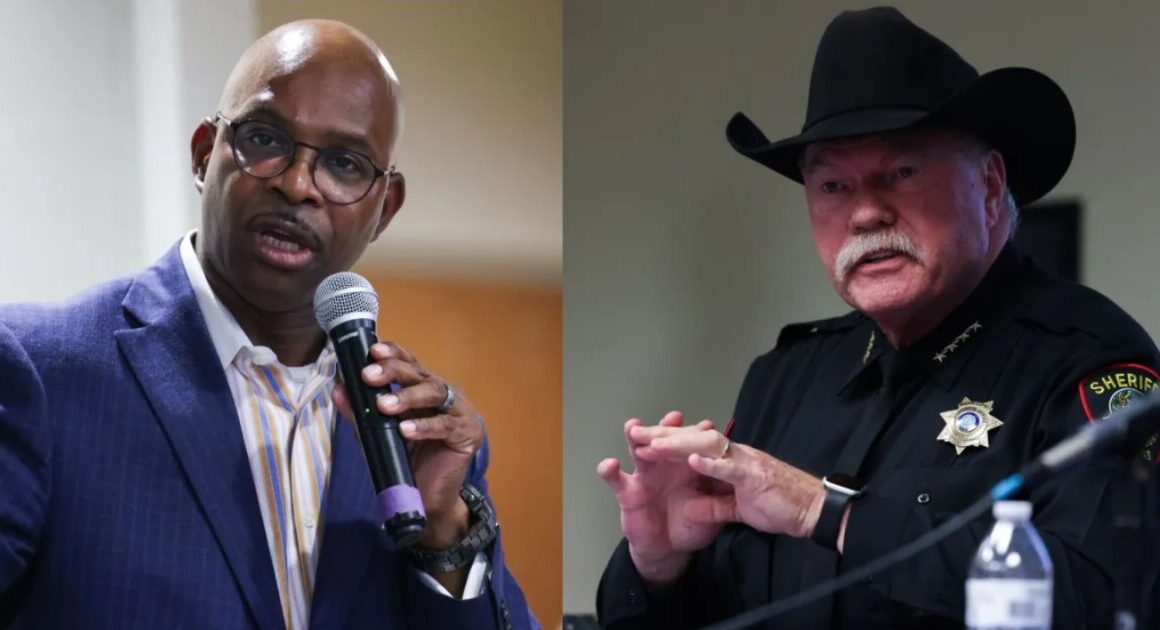
It’s been nearly five weeks since a New York jury found Donald Trump guilty of 34 felonies, though the former president is still awaiting sentencing. According to the original plan, the Republican criminal was set to learn his fate next week.
That plan has since changed: The judge in the case approved a delay sentencing until at least September 18, allowing Trump’s lawyers to review the potential impact of the Supreme Court’s immunity decision.
As USA Today reported, the presumptive GOP nominee responded to the news in an overly excited way.
Donald Trump’s sentencing in his New York hush money case was delayed to Sept. 18 to address if the historic conviction should be thrown out after the Supreme Court’s Monday ruling that presidents enjoy broad immunity from criminal prosecution. “TOTAL EXONERATION!” Trump wrote on Truth Social after the news broke, although the delay doesn’t exonerate him in the case.
The same online missive added, “It is clear that the Supreme Court’s Brilliantly Written and Historic Decision ENDS all of Crooked Joe Biden’s Witch Hunts against me, including the WHITE HOUSE AND DOJ INSPIRED CIVIL HOAXES in New York.”
At this point, we could talk about why the Supreme Court’s ruling in Trump v. U.S. was not “brilliantly written,” why Trump’s hush-money case isn’t over, why there’s literally no evidence of President Joe Biden being “crooked,” why Trump’s legal problems are neither “witch hunts” nor “hoaxes,” why the White House has nothing to do with the former president’s prosecutions, and why the Justice Department is unrelated to the Republican’s criminal case in New York.
We could even pause to marvel at the lie-to-word ratio, which was quite extraordinary, and which reflected Trump’s fractured relationship with reality.
But what stood out as especially notable was Trump’s latest claim to “total exoneration.”
The truth, of course, is that the Supreme Court concluded that official presidential acts are immune from prosecution, but that’s not the same thing as “total exoneration.” In the hush-money case, jurors still found the Republican defendant guilty of crimes unrelated to Trump’s official duties. In fact, much of the case focused on events that predated his inauguration.
At no point has any judge or court wiped the slate clean, undoing the jury’s verdict. Trump’s claims to the contrary were absurd.
But they were also familiar.
For those who’ve kept an eye on the former president’s rhetoric over time, he has some unmistakable tells. When Trump tells stories, for example, about big, burly men who profess their love for him while crying, he’s lying. When he vows to release information in “two weeks,” he’s lying.
And similarly, when the Republican uses the word “exoneration,” he’s lying. Let’s revisit some our earlier coverage and take a stroll down memory lane.
In March 2018, Trump claimed that the House Intelligence Committee had completely exonerated him in the Russia scandal. That wasn’t true.
In June 2018, Trump said the Justice Department inspector general’s office had “totally” exonerated him in the Russia scandal. That was both wrong and kind of bonkers.
In February 2019, Trump claimed that the Senate Intelligence Committee had also exonerated him in the Russia scandal. That also wasn’t true.
In March 2019, Trump claimed the judge in a Paul Manafort trial exonerated him, too. That also wasn’t true.
In June 2021, Trump claimed he’d been “totally exonerated” by testimony from former White House Counsel Don McGahn, which was largely the opposite of the truth.
In February 2023, Trump insisted that a special grand jury in Fulton County, Georgia had rewarded him with “total exoneration.” That not only didn’t happen, that same special grand jury criminally indicted him soon after.
In June 2023, Trump published an item to his social media platform, declaring that he’s been “totally exonerated” in the classified documents scandal that led to a federal indictment. That was also the opposite of the truth.
In June 2024, Trump claimed to have been “exonerated“ for referencing the “very fine people” he saw protesting in Charlottesville. That wasn’t true, either.
And in July 2024, pointed to “total exoneration” in the hush-money case, which didn’t make any sense at all.
There’s no great mystery as to the former president’s motivations. Trump has faced a series of controversies, each of which have caused political damage, and he’s been desperate to convince the public that he’s been cleared — in every instance — of any meaningful wrongdoing.
But either Trump doesn’t know what “exonerated” means or he’s spent years trying to deceive the public about his culpability in a variety of serious scandals.
This post updates our related earlier coverage.
![]()







